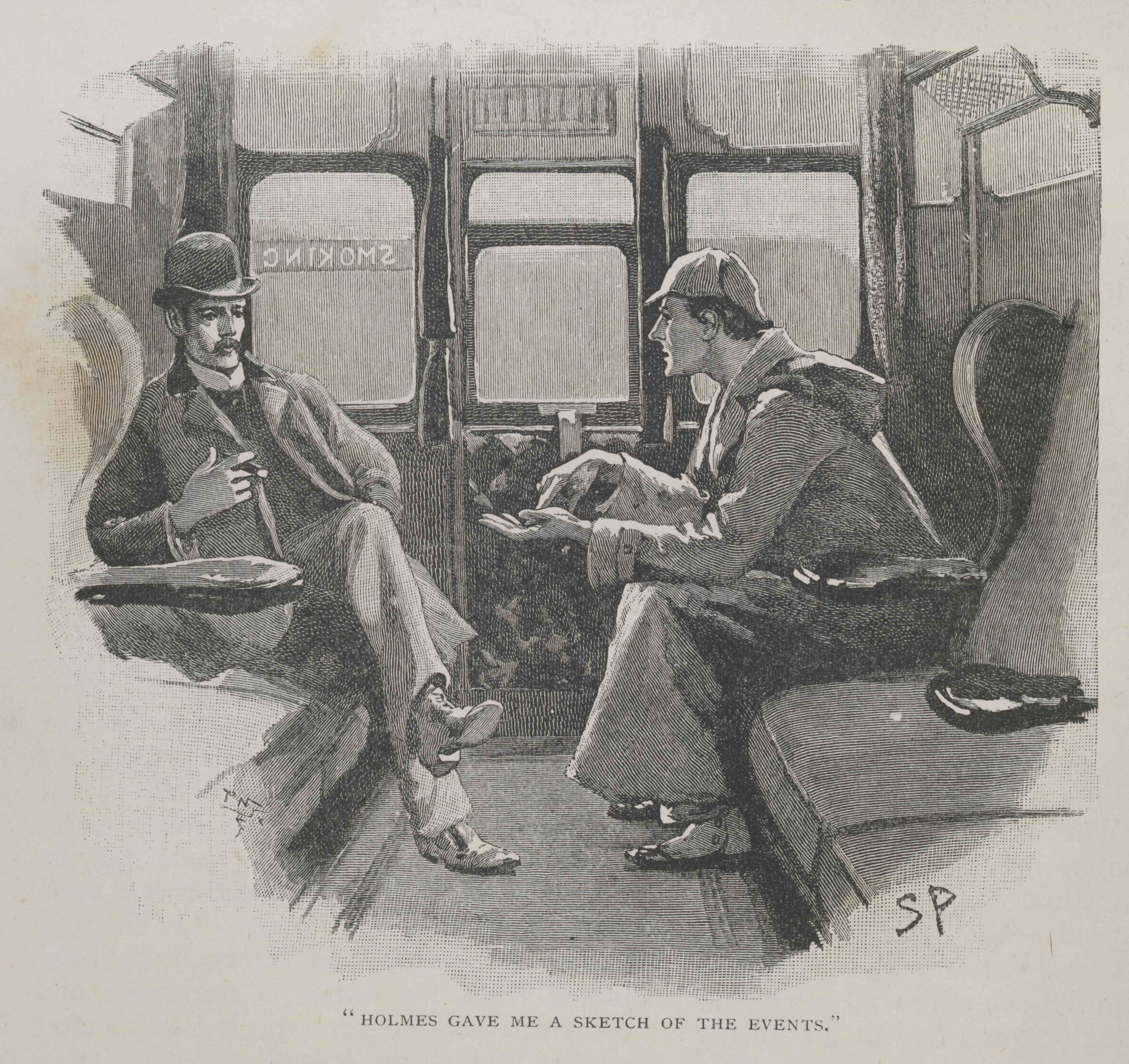HUMS 340, The Detective Story

Course Description:
The course looks closely at detective stories, novels and films, with attention to the basic narrative structure of criminal enigma, logical investigation and denouement (whodunnit), and considers the meaning of “genre” more broadly. Starting with the proto-detective story Oedipus Rex—in which tragic drama takes the form of a murder mystery—we move on to Edgar Allan Poe’s invention of the genre proper in “The Murders in the Rue Morgue” and “The Purloined Letter.” From there we go to Poe’s “golden age” inheritors Arthur Conan Doyle, G.K. Chesterton, Agatha Christie, and Dorothy Sayers, as well as the adaptation of Doyle’s tales for the BBC series Sherlock. We also spend time on American “hard boiled” writers (Dashiell Hammett, The Maltese Falcon and John Huston’s 1941 film adaption of the novel); fiction which draws upon the conventions of detective stories without being genre fiction (Nabokov, Borges), non-fiction works which have the structure of a detective story (Freud’s “Wolf Man” case study); neo-noir film (Chinatown); works that fuse detective fiction and science-fiction (Minority Report) and recent film homage to “golden age” whodunnits (Knives Out). Students write essays making interpretive claims and using evidence from works on the syllabus, with emphasis on writing clear prose in support of an original argument.
Led By:
 |
Professor Paul GrimstadPaul Grimstad is Lecturer and Director of Undergraduate Studies in Humanities. He writes regularly for The Believer, Bookforum, London Review of Books, The New Yorker, n+1, The Paris Review, Music and Literature, The New Republic, Times Literary Supplement, Raritan, and other journals and magazines. He is the author of Experience and Experimental Writing: Literary Pragmatism from Emerson to the Jameses (Oxford, 2013) which was recently the focus of a symposium in the journal Nonsite. He has contributed chapters to Melville’s Philosophies, The Oxford Handbook to Edgar Allan Poe, Stanley Cavell and Literary Studies and the Oxford History of the Novel. While an assistant professor of English at Yale he received the Sarai Ribicoff ’79 teaching prize for “instruction and character that reflect the qualities of independence, innovation, and originality.” He has taught literature and philosophy at NYU, Columbia and Yale. |